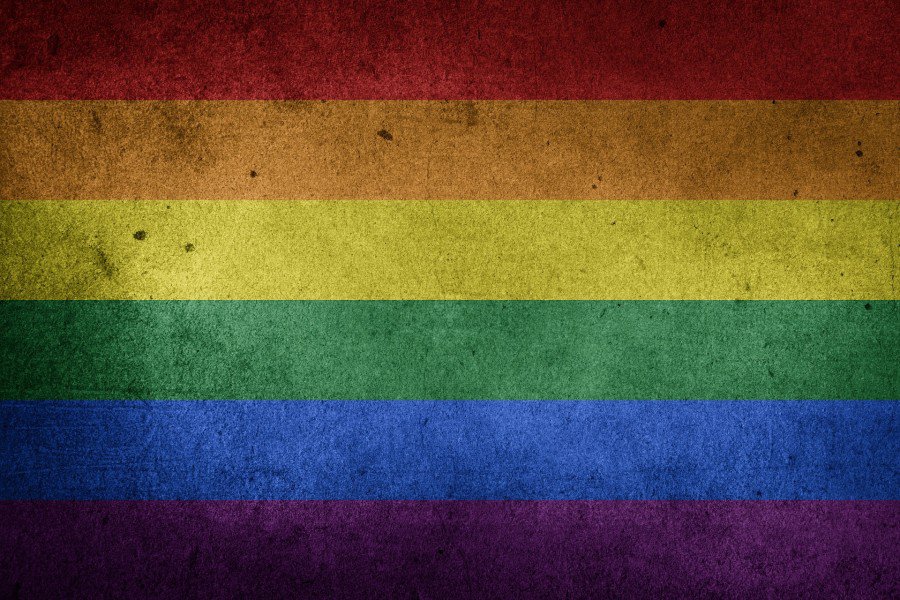Argues Sexual Orientation Discrimination Prohibited by Title VII
Last week, the Equal Employment Opportunity Commission (“EEOC”) took a big step forward in protecting employees from sexual orientation discrimination and harassment in the workplace. In U.S. EEOC v. Scott Medical Health Center, P.C. and U.S. EEOC v. IFCO Systems North America, two cases filed last week in Pennsylvania and Maryland respectively, the government agency filed suit against private employers under Title VII of the Civil Rights Act of 1964, alleging that discrimination based on sexual orientation constitutes discrimination based on sex.
While this may sound straight forward to many, it is a legal question which has been up for debate for quite some time. There have been some courts which have found that discrimination against LGBT employees premised on an individual’s failure to conform to gender-based stereotypes (i.e., discrimination against a gay man because he has stereo-typically feminine as opposed to masculine mannerisms) amounts to discrimination “because of sex.” However, no court has yet held that discrimination because of an individual’s sexual orientation itself (i.e., discrimination against a gay man because he is married to a man as opposed to a woman) is discrimination “because of sex.”
This distinction in the federal courts’ analysis of Title VII’s prohibition on sex-based discrimination has left a gap in federal workplace protections, where no federal law has been interpreted to prohibit discrimination based on sexual orientation. As a result, many (but not all) states have instituted their own civil rights laws protecting LGBT employees and federal legislation known as the Employment Non-Discrimination Act has been introduced every year since 1994 to fill the gap. Unfortunately, the bill has never passed and LGBT employees have been left unprotected in many jurisdictions.
Last year, the EEOC (the federal agency charged with investigating and implementing Title VII) issued guidance stating that sexual orientation discrimination is discrimination because of sex and, as a result, falls within Title VII’s protections. The two lawsuits filed last week are the agency’s first efforts to test that legal theory in court. We applaud the EEOC for taking this important step forward in protecting employees regardless of sexual orientation and are optimistic that the courts considering this important argument come down in favor of equal rights and fairness in the workplace. We’ll keep you posted on the outcome as these suits progress through the legal system.



